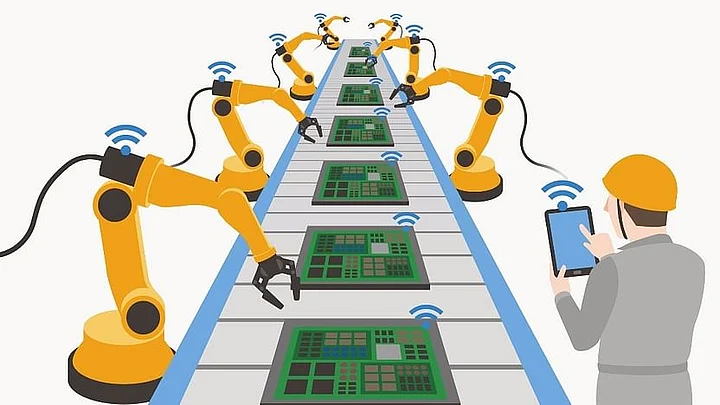The Indian tech industry has high hopes from the Indian government and its expectations from the Union Budget 2020 which will be announced on 1 February.
Companies who’ve already invested for manufacturing in the country seek import duty concessions, and more positive policies that could add impetus to the country’s supposed plans of becoming a $5 trillion economy by 2025.
Multiple companies have commented on their expectations, and here’s what they have to say prior to the budget is announced later this week.
Panasonic
“Our expectation from the Union Budget 2020 is to see reforms that drive consumption and improve consumer demand. The decision to exempt basic custom duty on open cells from 5 to 0 percent was a welcome move last year and allowed us to pass on the benefits to the consumers by reduction in TV prices. Such initiatives with phased manufacturing programmes are helpful.”Manish Sharma, President and CEO, Panasonic India and South Asia
Having said that, Sharma thinks the consumers durable segment could benefit from change in how their products are taxed under the GST regime.
“However, the consumer appliances industry witnessed a flat growth over the last two years, and we urge the government to continue in the trajectory of positive policies to lend support and drive growth in the sector.”Manish Sharma, President and CEO, Panasonic India and South Asia
Snapdeal
Online brand Snapdeal is hoping the government changes the policies that encourage investment in the Indian startup ecosystem.
“ESOPs are meant to reward the team that helps build a successful enterprise. Current laws tax the ESOPs prematurely when options are exercised. ESOPs should be taxed only when an employee has realised a benefit with regard to the same. Taxation should follow actual gains and not notional gains.Moreover, Founders/Promoters should be permitted to receive ESOPs - this is currently not allowed.”Company spokesperson
Kodak
The company which has licensee to make Kodak-branded televisions in the country also wants better taxation norms which will not only strengthen the make in India project but will most likely push companies in the sector to focus on exports as well.
“The implementation of GST was indeed a historical decision for the growth of the economy but for a developing nation like us, we should be having 2-3 slabs under 18 percent. In order to revive the GDP, India needs to have a lot of infrastructure, but first we need to complete the projects which are already in the process. This will help manufacturers like us to invest and manufacture more and help ‘Make in India initiative’ to be a successful model for the economy.”Avneet Singh Marwah, Director and CEO of Super Plastronics Pvt. Ltd
Truecaller
But it’s interesting to hear companies like Truecaller point out the need to improve ease of doing business for entrepreneurs, which will have a direct impact on how investment flows into the country.
“Expectations from this budget are high for reforms that will drive higher growth across sectors and improve ease of doing business for entrepreneurs, companies and investors alike. We urge greater encouragement for policies and technologies that will help realize the aspirations of Digital Bharat and Make in India.”Sandeep Patil, Managing Director, Truecaller
(At The Quint, we question everything. Play an active role in shaping our journalism by becoming a member today.)
